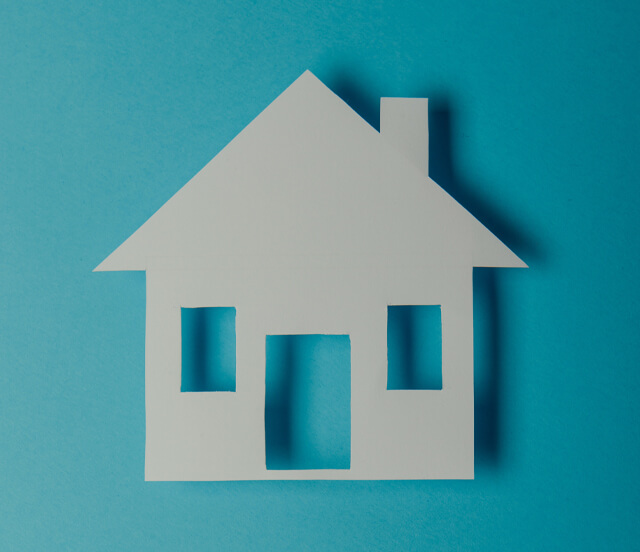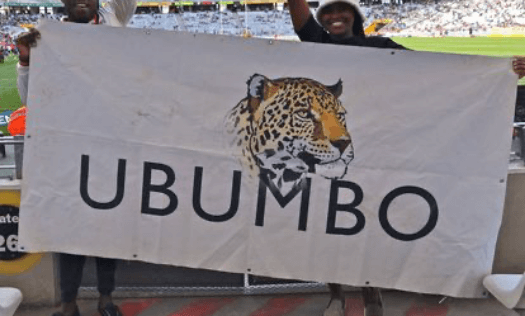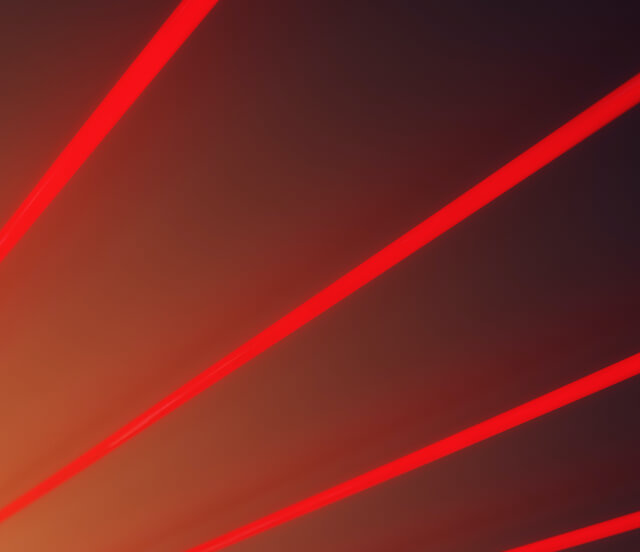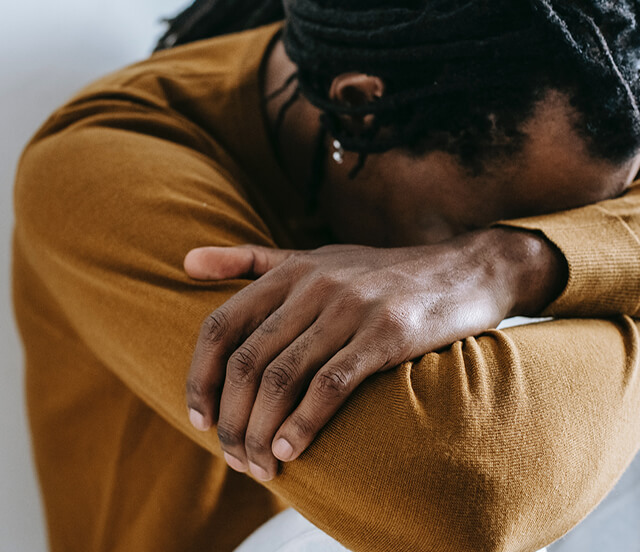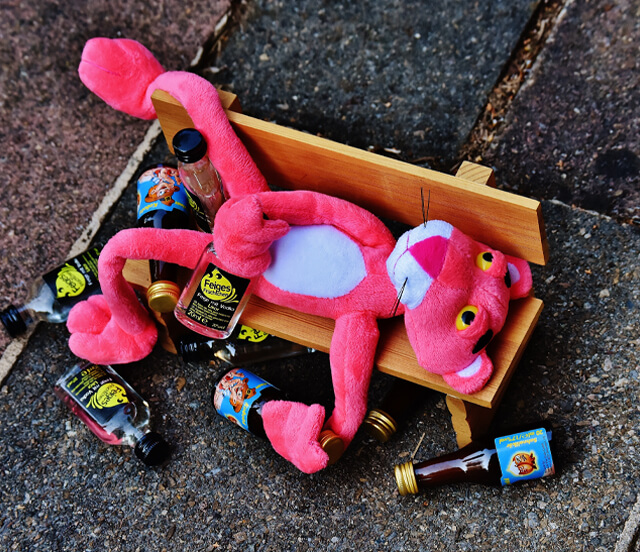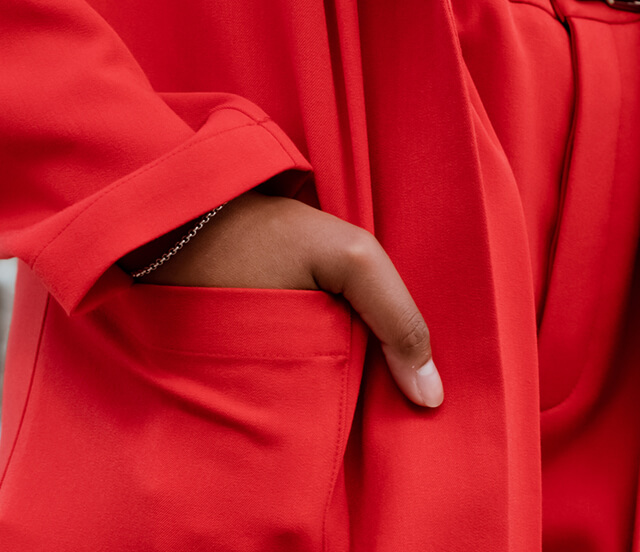by Nokwanda Sihlali
A version of this article was originally published earlier this year on www.nihss.ac.za.
Since the start of the national lockdown more than eight weeks ago, South Africans have listened attentively on those occasions when President Cyril Ramaphosa addressed the nation. I soon learnt that our president’s now ominous “My fellow South Africans…” speech meant that our imprisonment would be further extended. Although in truth, self-isolation is nothing like a prison. For starters, we were not being punished as a result of any transgressions, but our confinement was for protection rather than incarceration. We are in a war. Obviously. Why would the government deploy soldiers if we were not fighting a deadly enemy?
Why would guns be necessary, if not to annihilate an adversary? But where exactly and who exactly the enemy is, we do not know. All we know for now is that C-19 lives on surfaces for prolonged hours and the aggressively vigorous washing of hands for 20 seconds and over-sanitising of all surfaces when one has interacted with the outside world, is crucial.
But we are still unsure about the masks. Some have turned into fashion statements and they have helped others in pacifying their OCD-infused paranoia. I’m indecisive. But I take all measures to protect myself according to stipulated measures provided by recognised health bodies such as the World Health Organisation and South Africa’s ministry of health.
Not Twitter, where aspirant pseudo-virologists and immunologists inform you of your imminent death should you not aggressively practise physical distancing at Woolies whilst panic buying essentials for homemade immune-boosters which include ginger, lemon, turmeric and garlic.
They forget however, the reality of most South African does not exist in one dimension. It’s one’s socioeconomic standing that determines your ability or inability to survive this pandemic.
Why the sudden sense of shock?
Let us do a quick lexical analysis of the words that have been reiterated on all media platforms in the past several weeks. “Stock up”. “Be productive”. “Work from home”. Fundamentally, what does “self-isolate” mean to someone who lives in an RDP house with four other relatives? Words themselves are contextual and present certain narratives that create meaning and life. What does “stock up” mean to a grandmother who gets pension on the first of the month from one government location with no one to ensure that the people in the line keep their one-metre distance? What about those self-isolating with their abusers?
“The snake has always been there and as we are in crisis, the snake is still very much alive. The snake in this instance is our treacherous history and the current corruption. Just because a snake is ill, does not make its bite less venomous.“
We need to move away from these middle-class notions and deal with the issues of poverty and inequality at hand. What has also been the most exasperating is the notion that there is nuance about how C-19 has exacerbated the inequalities
in South Africa. Have we not seen mothers being scorched in the sun with their children begging at the robots? Have we ever gone one weekend without reading about civil unrest where South African citizens protest for clean drinking water? Why are we shocked? Why are we acting flabbergasted as a nation as though we have found a snake in our beautifully decorated rainbow box?
The snake has always been there and as we are in crisis, the snake is still very much alive. The snake in this instance is our treacherous history and the current corruption. Just because a snake is ill, does not make its bite less venomous.
We have seen the arrests of officials who have already defrauded the system of the basic R12.00 food parcels. Police officials have been arrested for accepting bribes at roadblocks and also for selling alcohol. Lives have been endangered by overzealous soldiers who want to display their power with overt aggression and grave violence. Usually performed on black bodies. We have seen this with the homeless immigrants in Cape Town CBD moved to Bellville and the community of Lawley in Gauteng, who had the Red Ants destroy their houses because they had allegedly illegally occupied the land. The
Department of Justice and Correctional Services issued a moratorium on evictions, which has been clearly ignored by the City of Johannesburg and Cape Town.
Words not translated into action
Although President Cyril Ramaphosa has acted strategically and deliberately – bringing much needed decisive leadership – his words have not translated to deliberate actions on the ground. Although the government has in the last weeks taken a more pro-poor response with a humanitarian approach, we see government playing catch-up instead of dealing with the pandemic. In the former “bantustans”, which are referred to as the rural areas in South Africa, some rural citizens complain that they, as small-scale farmers are not being informed about the essential services, permits that they could apply for to sell their produce.
Some also say that government officials favour their relatives for the permits, whilst others allege that permits are being sold for R600 by local councillors. Even though the Department of Agriculture, Land Reform and Rural Development has issued R 1,2 billion for agricultural relief to small-scale farmers earning between R20 000 to R1 million annually, the chances that they will gain access is again very slim. Rural areas are not areas of poverty in the conventional sense; communities have land, livestock and their own ploughing fields.
However, the difficulty comes in the lack of infrastructure and resources to do even better for themselves as subsistence or commercial farmers. There are no proper roads and water and electricity are frequent problems. The proactive response of some traditional leaders themselves has not been felt by rural community members, even though traditional leaders have been prioritised as essential service providers.
“In some parts of Eastern Cape, women can no longer collect firewood for cooking and have replaced it with plastic bottles, a substitute that is severely damaging to their health. Yet rural citizens have large stretches of land on which they farm and livestock which needs to graze.”
C19 in the rural landscape
Social justice organisations have come together to fill in where government has left the most gnawing gaps centred on food security, the informal economy and monitoring of corruption. Sociolegal organisations such as the Legal Resources Centre and Lawyers for Human Rights have created hotlines where rights violations can be reported, and Ndifuna uKwazi has won a court victory that has put a moratorium on evictions during this lockdown period. The Solidarity Fund, although extremely overwhelmed with community requests, has managed to provide some 20 000 out of the 250 000 pledged food parcels in five provinces.
The strict limitation of movement having been the first ways in which government had sought to decrease the spread of the virus, has in fact created new issues, especially in the former bantustans. In some parts of Eastern Cape, women can no longer collect firewood for cooking and have replaced it with plastic bottles, a substitute that is severely damaging to their health. Yet rural citizens have large stretches of land on which they farm and livestock which needs to graze.
The possible re-opening of schools has also caused concern because schools in marginalised communities usually consist of one teacher with 50-plus students, who share pit toilets. In moving forward with this pandemic in South Africa, it is very important to look at what the statistics say about the condition of this country.
They provide a basis from which a cohesive, integrated yet contextual outline for a proactive humanitarian response can be established. This pandemic may not be the last black-swan event to afflict South Africa and the world. We cannot again find ourselves as “shocked” in the future as we are today to “discover” the depth of inequality in our society.

